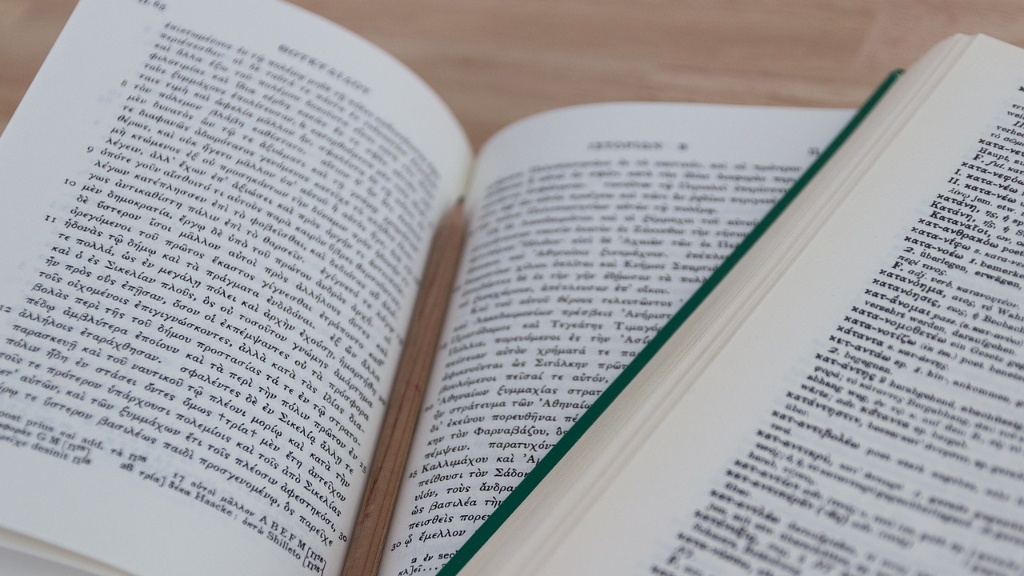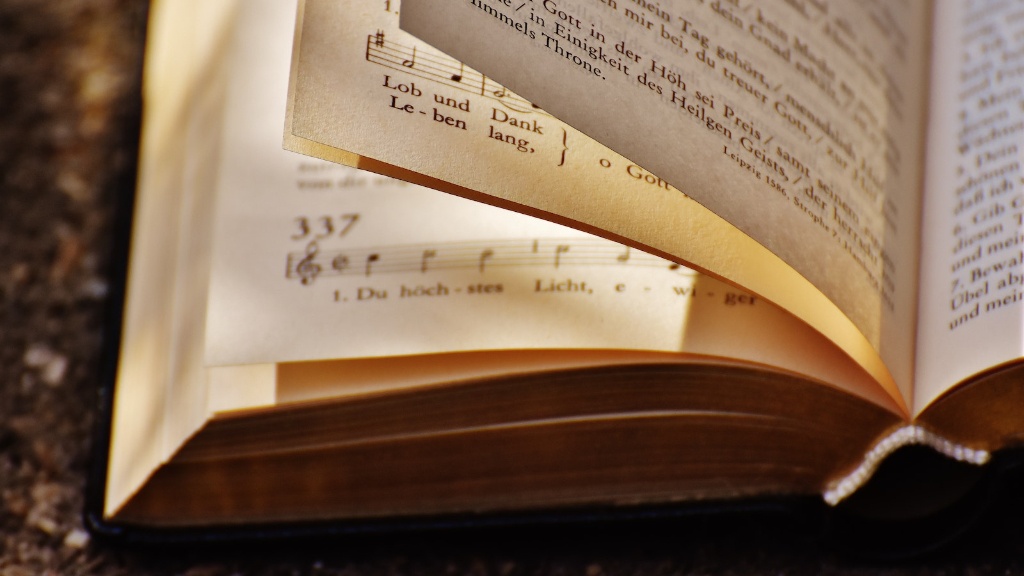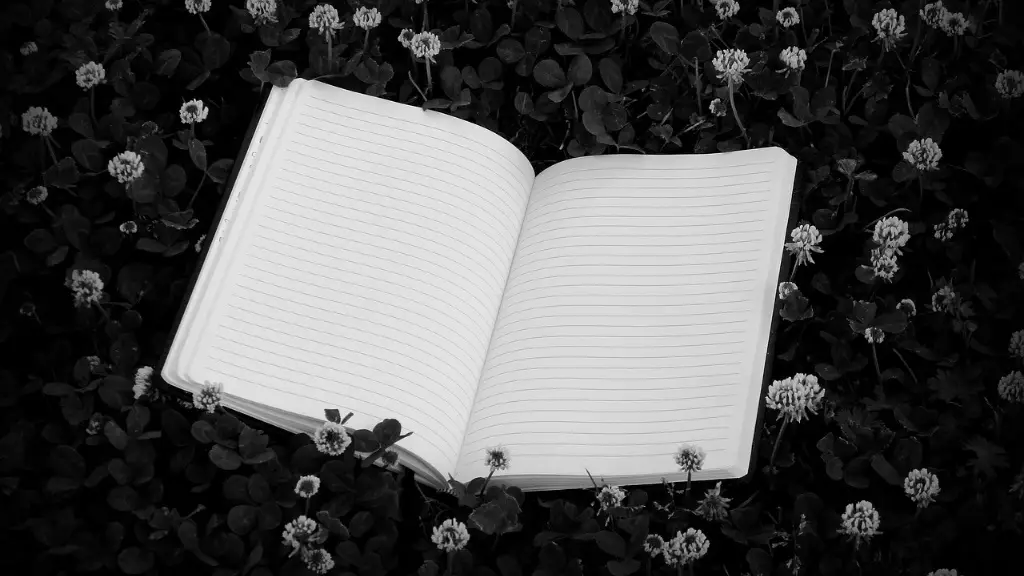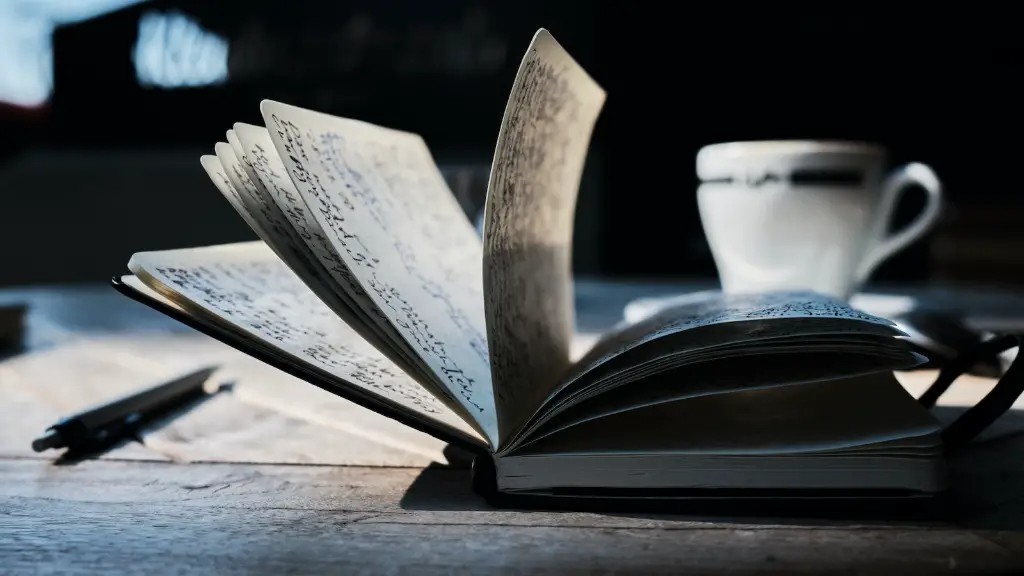Introduction
Poetry is a form of literature which is expressed in a structured and rhythmic manner. It is usually written in the form of a story, or in the form of a song. Spoken poetry is a performance art, and can be used to elevate emotions and put across a powerful message or story. Writing spoken poetry requires understanding of the structure and rhythm of verse, as well as interesting and descriptive phrasing. It also involves being able to understand the listener’s point of view, and to ensure that the message reaches them effectively.
Structure and Rhythm
Before writing a spoken poem, it is important to consider the structure and rhythm of the poem. This will inform the words and phrasing used, as well as the overall tone of the poem. A good poem should contain elements of rhythm and rhyme, as this gives it more impact with the audience. A spoken poem should also be written using descriptive words, to create an atmosphere and draw the audience into the world of the poem.
When it comes to choosing the structure of the poem, it is important to know what kind of message the poem will convey. If the poem will tell a story, it can be written in a loose narrative structure, with lines leading off in different directions. However, if a poem has a specific message, such as one about an issue or an emotion, then a more structured metre can be used, such as iambic pentameter.
Using Phrasing
For a spoken poem to have an impact on the listener, it must include phrasing which conveys a powerful message. It is important to choose words which evoke emotion, as this will help the listener connect to the poem on an emotional level.
It is also important to use phrasing which is easy to understand. This means avoiding complex words and using simpler language. Doing this will make it easier for the listener to follow the message and make a connection.
Connecting with The Listener
When writing a spoken poem, it is important to remember that the listener will be hearing the poem, rather than reading it. This means that the poem must be written in such a way that the listener will be able to understand and connect with the message on an emotional level.
It is important to use words and phrases which draw the listener into the poem, and to think about the impact that the words and message have on them. Also, consider what kind of effect the poem will have on the listener, and how it can leave them feeling at the end.
Delivery and Performance
One of the most important elements of spoken poetry is the performance of the poem. A spoken poem must be delivered in such a way that it engages the listener. This means varying the tone, speed and volume of the poem, as well as using gestures and facial expressions to help convey the meaning and message.
It is also important to practice the poem beforehand, to ensure that it is delivered in the correct way. This will help ensure that the message and meaning of the poem reach the audience in the most effective manner possible.
Conclusion
Writing and performing a spoken poem is an art form, and one which requires skill and understanding. By understanding the structure, rhythm and phrasing used in spoken poetry, as well as the impact it can have on the listener, it is possible to craft a compelling and moving poem. Furthermore, by understanding the principles of delivery and performance, a spoken poem can be delivered in the most effective manner possible.
Finding Inspiration
When writing a spoken poem, it can be helpful to look for inspiration. This can come from personal experience, or from music, art or literature. It can also be helpful to talk to others about their experiences, to gain further insights into how to approach the poem.
Taking the time to research the topic is beneficial, as it can help to identify elements which can be incorporated into the poem. Additionally, reading other spoken poems can give a better understanding of the genre, and potentially provide further inspiration.
Developing the poem
Once a spoken poem has been written, it is important to further develop it and refine the details. This may include editing the structure of the poem, and making sure that the words are used in the right order to create the maximum impact. It is also important to pay attention to the cadence and rhythm of the poem, as this will help to create a strong connection with the listener.
Finally, once the poem is complete, it should be practiced and rehearsed multiple times. This will help to ensure that the poem is delivered in the most effective way, and it will also allow for any last minute tweaks to be made.
Timing and Presentation
When it comes to performing a spoken poem, it is important to consider the timing. This means making sure that the poem does not run for too long, as this can lead to the listener becoming distracted or disengaged. It is also important to ensure that the poem ties in neatly with the theme of the event, as this can help to make sure the message lands with the listener.
It is also important to consider the presentation of the poem. This includes making sure that the poem is well rehearsed, and that the performer is comfortable with the delivery. Additionally, it is important to consider whether the poem will be accompanied by visuals, such as slides or videos. This can help to support the message of the poem, and to ensure that the listener is engaged.
Relating to the Audience
When performing a spoken poem, it is important to make sure that the poem is relevant to the audience. This involves understanding the audience, their interests and their expectations, and tailoring the poem to them. Doing this will help to ensure that the poem resonates with the audience, and that the message is conveyed effectively.
It is also important to consider the type of language to use. This means choosing words which the audience can understand, and which relate directly to them. Additionally, consider the use of humour and other elements which can engage the listener.
Practice and Reflection
As with any art form, it is important to practice writing and performing spoken poetry. This involves writing poems on a regular basis, and rehearsing them until they are perfected. Doing this will help to hone the craft, as well as create a better understanding of the structure and techniques used in spoken poetry.
It is also important to take the time to reflect and analyse the poem, to gain further insights into the effectiveness of the poem and the message which was conveyed. By doing this, it is possible to continue to improve and refine the poem, to ensure that the listener is engaged and that the message is heard.





